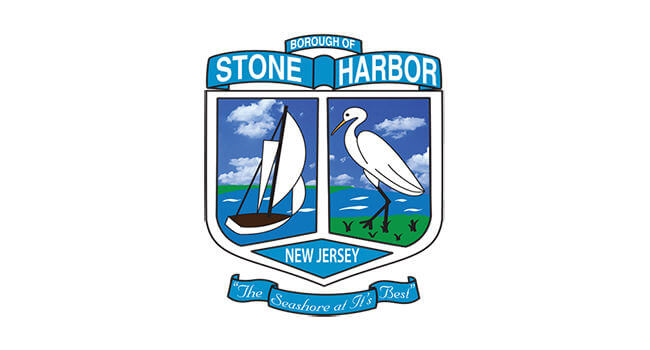STONE HARBOR – Stone Harbor Borough Council approved summer season compensation changes for lifeguards, beach tag checkers, and Class I and Class II police officers March 15.
The wage rate increases show the impact of worker shortages that have increased significantly since the start of the pandemic in 2020.
The new 2022 pay rate for a lifeguard in the first year of service is $163 per day, which is a 42% increase over the $115 rate in 2019. Guards are also eligible for a $50 per day bonus for every day they work after Aug. 15, provided they have worked 40 full days prior to that date.
Beach taggers also saw an increase in the wage scale. In 2022, the range is from $13 to $21 per hour. That represents a 36% increase in the low end of the scale over the pre-pandemic rate. Taggers also receive $0.75 for every beach tag sold.
The change in pay scales shows in the municipal budget. In 2019, the borough budget showed anticipated revenues from beach tag sales of $770,000, with the salary and wages component of the Beach Patrol budget at $608,639.
In 2022, the budget indicates anticipated revenues of $900,000, plus an additional $300,000 expected as a result of a significant hike in beach tag prices.
Beach Patrol salaries and wages in the budget are set at $1,136,500. The significant beach tag price increase was essentially dictated by the rising salary and wages component of the Beach Patrol budget.
The increase in the salaries and wages line item for lifeguards and taggers from 2019 to 2022 is 87%. The line-item increase may not be solely due to wage hikes. It may involve a larger contingent of lifeguards. Yet, the salary increases are certainly the major factor in the budget line’s growth.
The summer pay scale increases in 2022 also include a hike in the hourly pay of Class I and Class II police officers. The hourly rate moved from $12 per hour for Class I and $15 an hour for Class II to $17 an hour for Class I and $21 an hour for Class II. Those average out to 40% increases for the special officers.
The crisis of worker shortages is as much a reality for municipalities as it is for private businesses.








